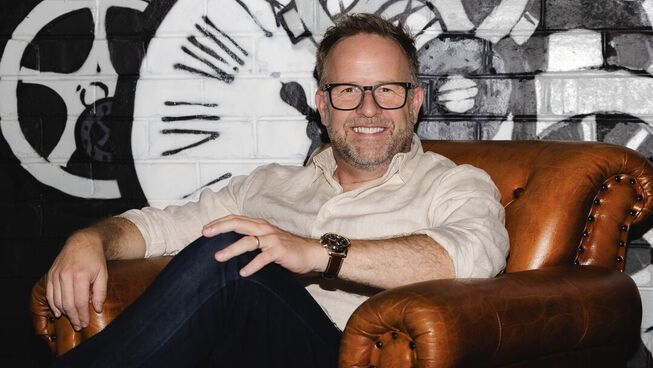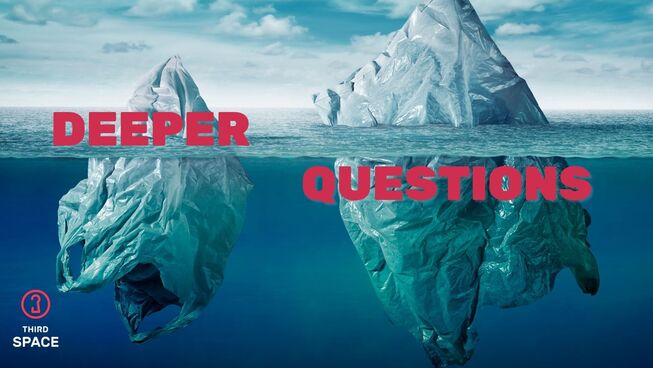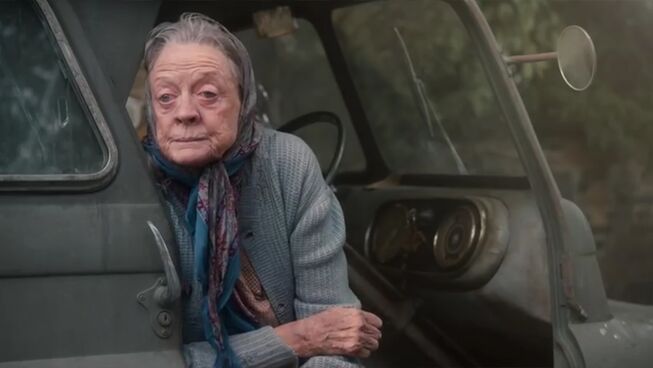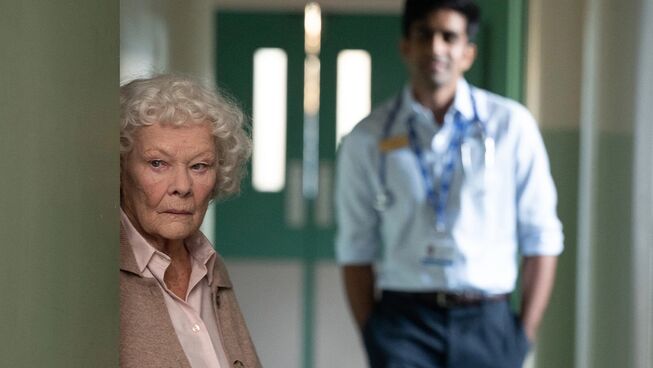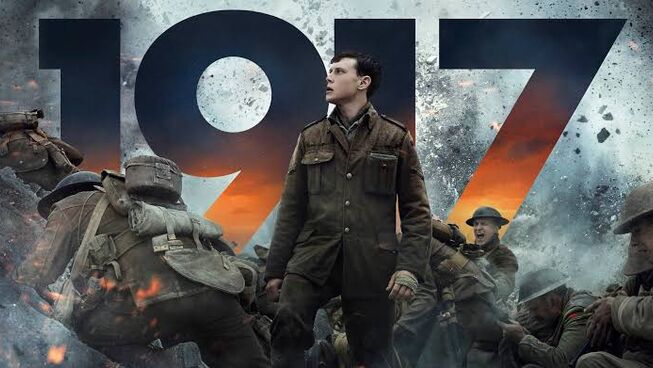The Choral
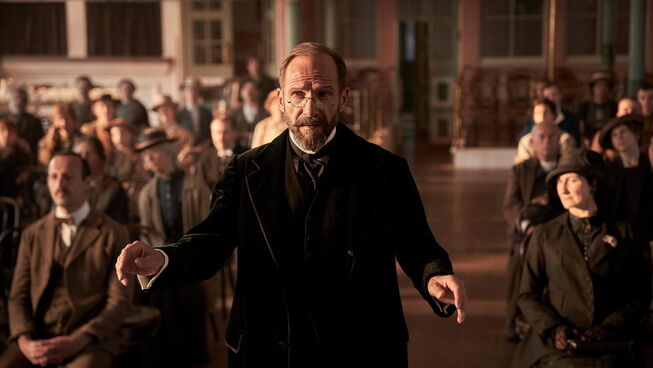
⭐️ ⭐️ ⭐️ (out of 5)
“A man should hear a little music, read a little poetry, and see a fine picture every day of his life, in order that worldly cares may not obliterate the sense of the beautiful which God has implanted in the human soul.” ― Johann Wolfgang von Goethe
The magnificence within this quote from the German writer and intellectual sets the stage for the role of music in our ordinary lives. Playwright Alan Bennett (The Lady in the Van) leans into this notion as he tries to show the importance of art and music against the backdrop of war. Set in the fictional town of Ramsden, Yorkshire, he seeks to express how that sense of beauty can be found amidst the messiness of life's realities.
Set in 1916 during the Great War, the community of Ramsden was trying to get on with life as the fighting continued on the European continent. Since most of the men were heading off to serve their country, the local choral society struggled to find male members. Another daunting task ensued as their choir master enlisted before the next big production. This leads the leadership council to choose a new director, and they decide to take a risk with Dr Guthrie (Ralph Fiennes), who has ties to Germany and a quietly divergent personal life. Through internal and external adversity, the musical community does all they can to perform Edward Elgar's The Dream of Gerontius before the young men in the choir are conscripted into the army.
For those familiar with Alan Bennett's work, they may appreciate the multilayered melancholy that defines the playwright's projects. Despite being deemed a comedy, there are few laughs on offer as the drama unfolds around this tale of a community ravaged by the effects of war. Reminiscent of the development of a musical composition, as each story element is added to this screenplay, the complexity becomes overwhelming and laborious. Bennett enjoys including a wide range of social issues in his stories, which helps the audience connect with the characters but can also lead to confusion about the film's true direction.
The Choral contains magnificent musical performances and exposes the humanity behind each cast member's role. Yet director Nicholas Hytner's interpretation of Bennett's screenplay contains too many layers to count and struggles to make any definitive statement about what this story is meant to say. The beauty of the music gets lost amongst the myriad social issues, which is unfortunate, as these melodious elements are where this film truly shines.
Reel Dialogue and Third Space have entered the world of YouVersion: Download the app, dive into the plans, and engage with the Bible in a fresh and exciting way.
Reel Dialogue: Truth, beauty and goodness, but does beauty still transcend?
The Choral causes us to crave beauty as much as we destroy it. Truth? Goodness? These concepts may seem easy to grasp and to define. But even in a self-assuredly beautiful city such as Sydney, when it comes to defining beauty — unlike truth and goodness — beauty may seem to slip through our fingers. However, that should not surprise us. The history of the idea of beauty in the Western world means that we have lost a vision of the beautiful.
Kate Harrison Brennan’s talk explores the characteristics of beauty and the possibility that beauty speaks in redemptive ways, spurring us to perceptual care. A vision of the beautiful has never been more important.

